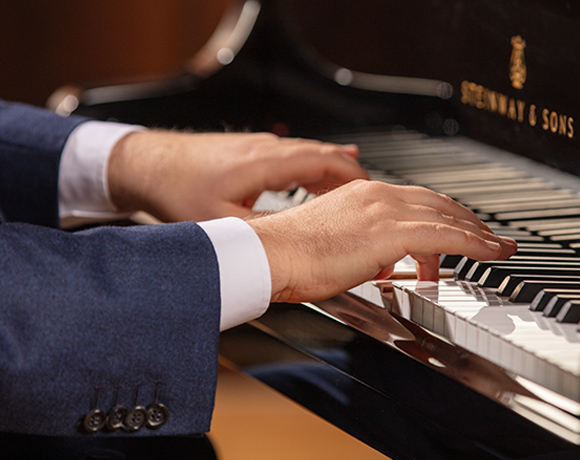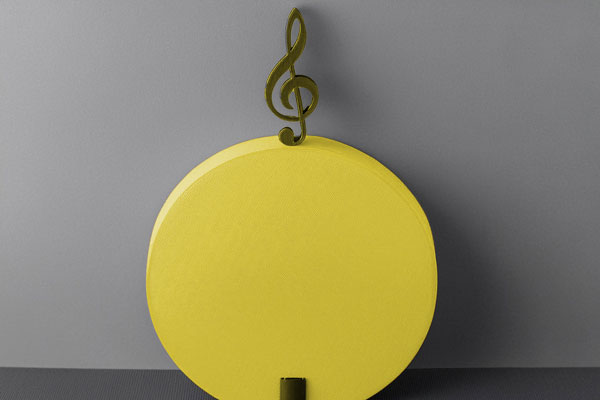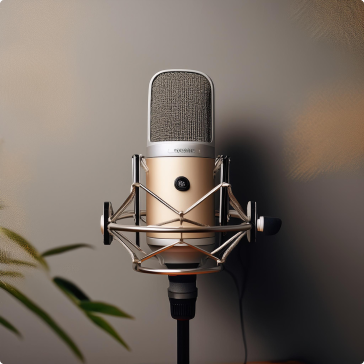
Entry into a fascinating world
The Pohl Method
Discover The Pohl Method with this "Digital Piano Methodology" - a unique portal for artistic piano playing that is unrivalled worldwide. Experience exciting instructional videos that teach the art of piano playing in a practical way and in unrivalled depth. Never before has knowledge been conveyed in such a detailed and clear way. Be inspired and improve your skills. Visit us now and immerse yourself in the fascinating world of piano playing!










